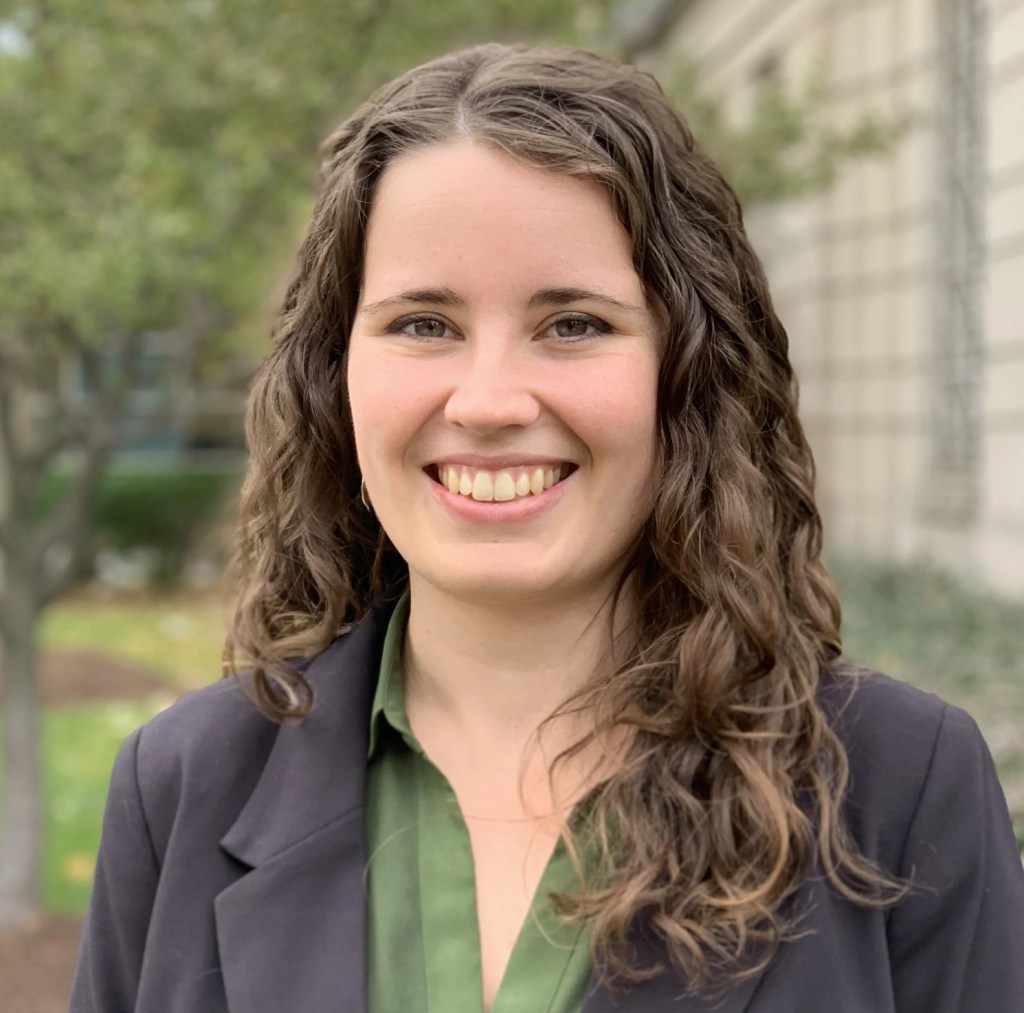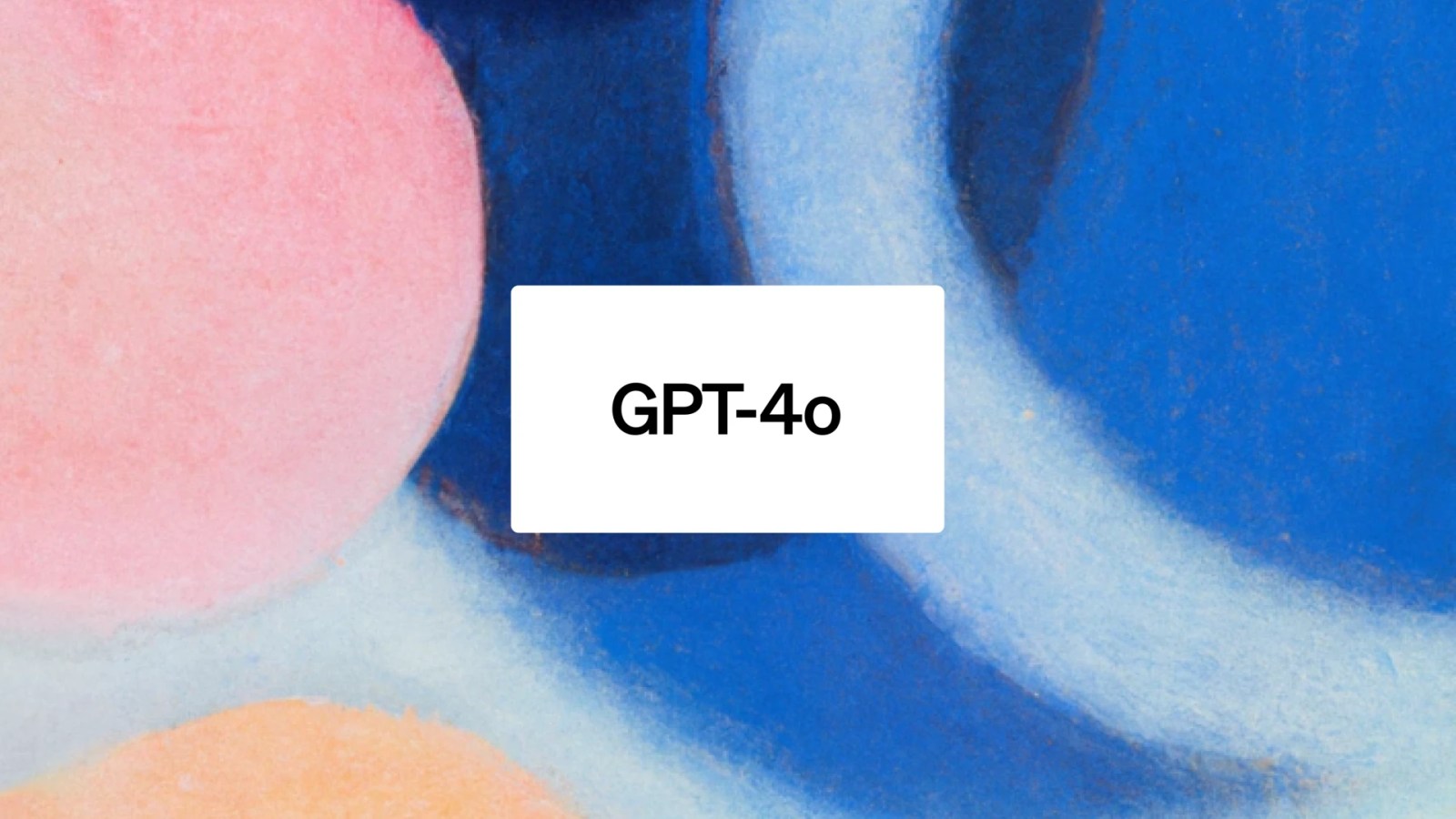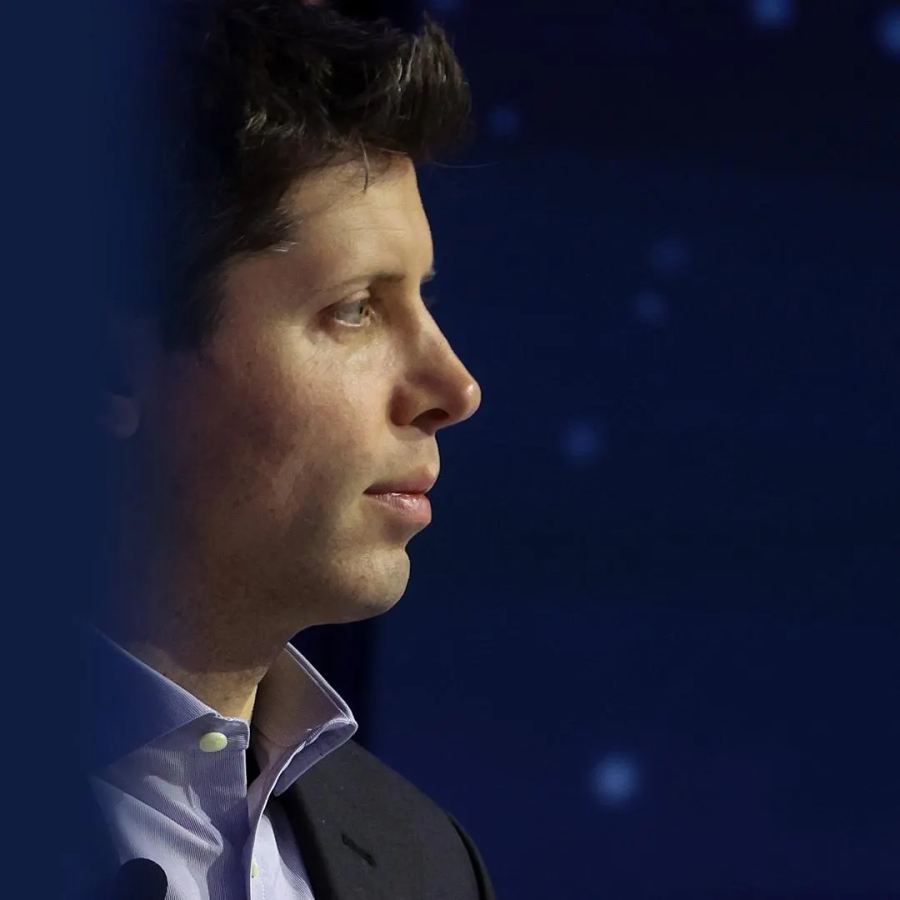Australian AI policy expert Helen Toner – formerly an OpenAI board member – has lifted the lid on her experiences with Sam Altman, claiming the CEO lied, withheld and misrepresented information to the board.

It was September 8 2021, when Australian-born Helen Toner joined OpenAI’s board of directors. Fourteen months later, ChatGPT launched and became a global sensation. On November 30, 2023 – exactly one year after OpenAI catapulted into public awareness – Toner announced her resignation from the board.
Thirteen days before Toner stepped down, OpenAI’s CEO Sam Altman was fired. Five days later he was reinstated as CEO and the OpenAI board was restructured. A week later Toner posted on Twitter that she was leaving the company, and has kept quiet about the chaotic final months at OpenAI since.
Now we have learned more about what was happening behind the scenes. Toner spoke to Bilawal Sidhu on the Ted AI Show podcast and revealed some of the causes for board members to lose trust in Altman.
“When ChatGPT came out in November 2022, the board was not informed in advance about that. We learned about ChatGPT on Twitter,” says Toner on the podcast.
“Sam didn’t inform the board that he owned the OpenAI Startup Fund, even though he constantly was claiming to be an independent board member with no financial interest in the company. On multiple occasions, he gave us inaccurate information about the small number of formal safety processes that the company did have in place, meaning that it was basically impossible for the board to know how well those safety processes were working or what might need to change,” Toner tells Sidhu.
OpenAI board members received complaints about Altman that were investigated, Toner says.
“All four of us who fired him came to the conclusion that we just couldn’t believe things that Sam was telling us,” says Toner.
“We talked it all over very intensively over the course of several weeks, and ultimately just came to the conclusion that the best thing for OpenAI’s mission and for OpenAI as an organization would be to bring on a different CEO. And once we reached that conclusion, it was very clear to all of us that as soon as Sam had any inkling that we might do something that went against him, he would pull out all the stops, do everything in his power to undermine the board, to prevent us from even getting to the point of being able to fire him.”
Toner says holding Altman accountable was difficult because employees who had made complaints about him did not want to experience retaliation from the powerful executive.
“I think it’s really important to know that has really gone under-reported is how scared people are to go against Sam. They had experienced him retaliating against people, retaliating against them for past instances of being critical. They were really afraid of what might happen to them,” Toner tells Sidhu on the podcast.
Profit/Non-profit: the unique structure of OpenAI
“As a quick refresher on sort of the context here, the OpenAI board was not a normal board. It’s not a normal company. The board is a nonprofit board that was set up explicitly for the purpose of making sure that the company’s, you know, public good mission was primary, was coming first over profits, investor interests, and other things,” Toner says.
The AI policy expert says governing the company was challenging because Altman lied, withheld, and misrepresented information.
“But for years, Sam had made it really difficult for the board to actually do that job by, you know, withholding information, misrepresenting things that were happening at the company, in some cases outright lying to the board.”
Toner is currently the Director of Strategy and Foundational Research Grants at Georgetown University’s Center for Security and Emerging Technology (CSET.) She has worked in AI policy for more than six years, including a year in Beijing as a research affiliate for Oxford University’s esteemed Center for AI Governance.
Melbourne to San Francisco to Washington D.C.
The 32-year-old Australian completed a Bachelor’s degree in Chemical Engineering at the University of Melbourne in 2014. Five years later Toner began a Master’s degree at Georgetown University in Washington D.C. Toner was one of Victoria’s highest placed VCE students in 2009 achieving an ENTER score of 99.95.
Toner’s LinkedIn profile suggests she moved from Australia to the U.S. in 2015. Prior to that she was an intern at BCG in Melbourne and an analyst at Vesparum Capital.
While Toner and Altman ultimately had different views on how OpenAI should operate, the CEO was supportive of Toner when she was appointed to the board in 2021.
“Helen brings an understanding of the global AI landscape with an emphasis on safety, which is critical for our efforts and mission. We are delighted to add her leadership to our board,” a 2021 OpenAI statement attributed to Sam Altman reads.
When the board was restructured in 2023, former Salesforce CEO Bret Taylor became Chairman. Taylor provided a statement to The TED AI show in response to its publication of Toner’s interview this week.
“We are disappointed that Ms. Toner continues to revisit these issues,” Taylor’s statement reads.
“An independent committee of the board worked with the law firm WilmerHale to conduct an extensive review of the events of November. The review concluded that the prior board’s decision was not based on concerns regarding product safety or security, the pace of development, OpenAI’s finances, or its statements to investors, customers or business partners.”
“Additionally, over 95% of employees, including senior leadership, asked for Sam’s reinstatement as CEO and the resignation of the prior board. Our focus remains on moving forward and pursuing OpenAI’s mission to ensure AGI benefits all of humanity.”
Forbes Australia reached out to OpenAI and has not received a response.
Look back on the week that was with hand-picked articles from Australia and around the world. Sign up to the Forbes Australia newsletter here or become a member here.


